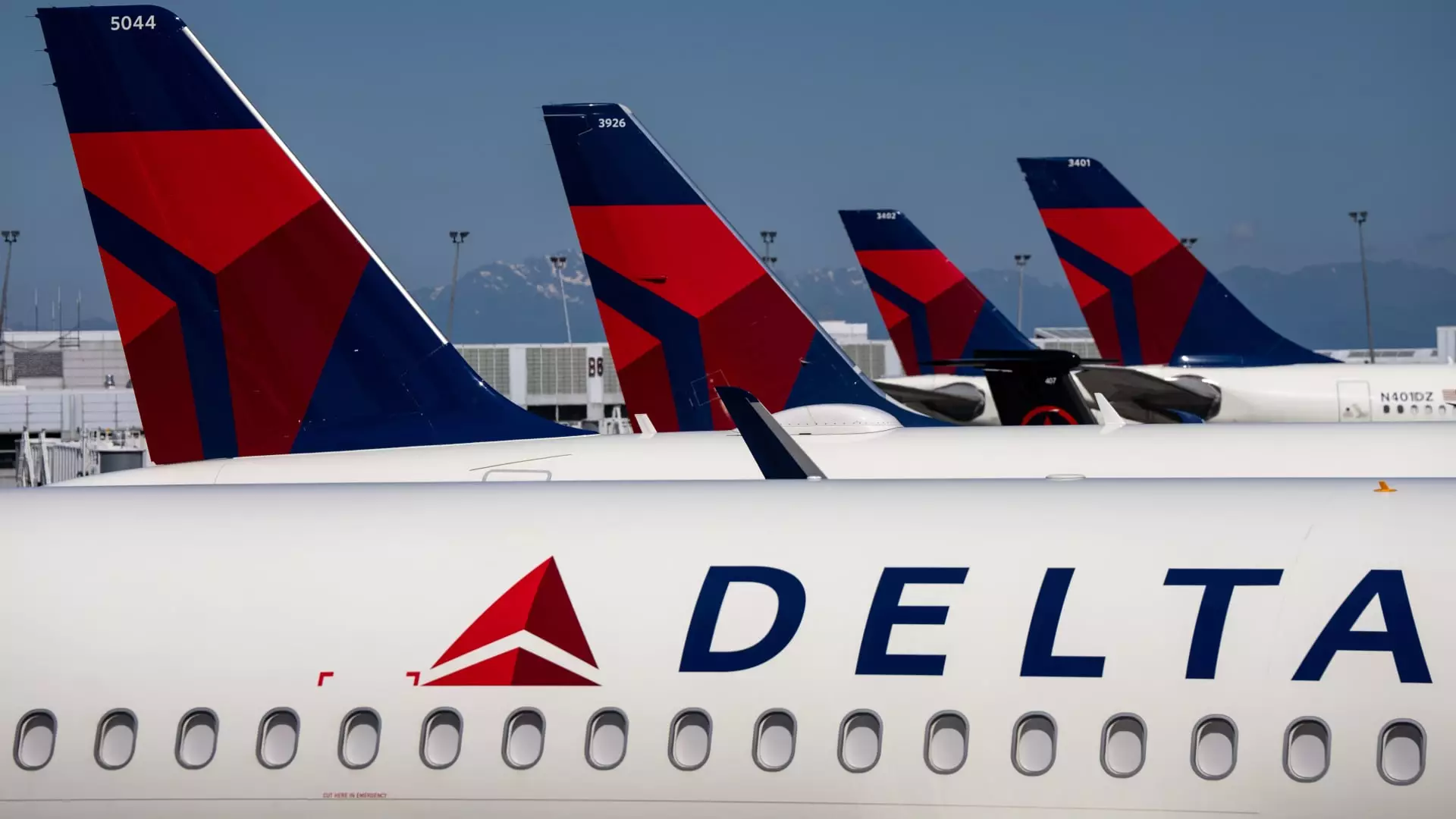In a notable operational disruption, Delta Air Lines recently announced the suspension of hot meal services on over 200 flights originating from its hub at Detroit Metropolitan Wayne County Airport (DTW). This unexpected halt was triggered by food safety concerns linked to their catering partner’s facility. Such incidents raise critical questions about the management of food safety in airline operations, especially given the reliance on third-party catering services to supply meals for passengers.
Details Behind the Service Suspension
The airline reported a temporary shutdown of hot food production after a recent inspection revealed compliance issues in one of its kitchen facilities. The company, maintaining transparency with its passengers, promptly communicated this decision, emphasizing that safety is their utmost priority. In a statement, Delta confirmed, “during a recent inspection at a DTW kitchen, Delta’s catering partner was notified of a food safety issue within the facility.” By making swift operational changes, Delta has opted to source hot meals and other onboard provisions from alternate catering facilities.
The ramifications of this food safety issue have not only affected Delta’s hot meal offerings but have also introduced additional complexities regarding meal provisioning. A communication to flight crews highlighted the challenges faced, indicating that first-class meals could not be provided because of “an unforeseen supply chain issue.” Instead, airlines offered supplementary snacks, showcasing their nimbleness amidst operational setbacks. The situation shines a light on the broader challenge airlines face—ensuring the integrity of in-flight meals while navigating unpredictable supply chain disruptions.
While Delta has reported no instances of illnesses affecting either employees or passengers stemming from the issue, the airline’s proactive stance in addressing customer concerns is commendable. As part of their customer relations strategy, affected travelers are being offered travel vouchers and frequent flyer miles to compensate for the inconvenience. Such measures are vital not only for maintaining goodwill but also for providing reassurance to passengers regarding their health and safety.
This incident serves as a reminder of the complexities inherent in airline catering operations, particularly the critical role played by third-party providers. Airlines typically serve thousands of meals daily, relying heavily on these external entities to meet demand. The interconnectedness of supply chains means that a problem in one link can lead to widespread disruptions. Consequently, Delta’s experience highlights the necessity for rigorous oversight and constant communication among all parties involved in meal preparation and delivery.
As Delta Air Lines navigates this service interruption, the airline must focus on reinforcing its food safety protocols and ensuring that similar issues do not recur in the future. By prioritizing transparency and proactive customer engagement, Delta can emerge from this challenge with strengthened customer trust and improved operational processes. The situation not only underscores the need for stringent safety measures but also the importance of adaptability in the fast-paced airline industry.

